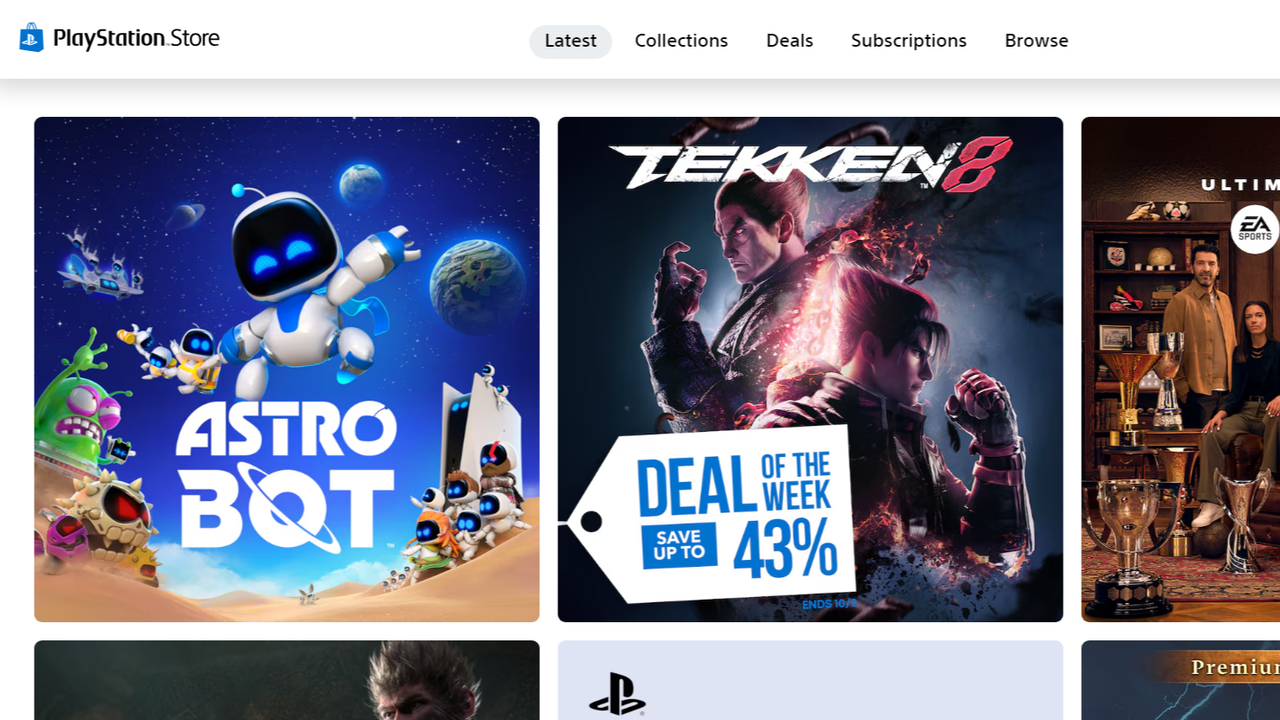California Governor Gavin Newsom has signed a bill into law that won’t stop companies from taking away your digitally purchased video games, movies, and TV shows, but it’ll at least force them to be a little more transparent about it.
As spotted by The Verge, the law, AB 2426, will prohibit storefronts from using the words “buy, purchase, or any other term which a reasonable person would understand to confer an unrestricted ownership interest in the digital good or alongside an option for a time-limited rental.” The law won’t apply to storefronts which state in “plain language” that you’re actually just licensing the digital content and that license could expire at any time, or to products that can be permanently downloaded.
The law will go into effect next year, and companies who violate the terms could be hit with a false advertising fine. It also applies to e-books, music, and other forms of digital media.



Fun Fact: If you as an individual bought a game, made a copy, and gave it away then you have done nothing wrong.
Also, downloading an “illegal copy” for yourself is also legal. You have not distributed another person’s IP for profit, there are no laws against what you did.
If you sold the copy it would be illegal. If you gave away 500 copies it would be illegal. But creating and sharing a backup is fine.
Yeah, this is definitely wrong. Giving away something you don’t own is still illegal.
Prove it.
Prove what? That you can’t cite a law?
You’re asking me to show you where something doesn’t exist.
You are for sure violating the copyright law by doing so. You have the right to make backups for personal archival but not to distribute. The second you share with someone else you are breaking copyright law.
In the USA, Copyright Infringement excludes nonprofit uses, but that becomes shaky very quickly when you run a network that distributes copyrighted work without permission because you are then harming the business that sells the items.
So, yes, you can distribute a copy to your friend and your friend can take said copy and no laws are broken.
Citation needed. Nonprofit educational uses, sure. But giving your friend a copy of a video game is certainly not fair use.
We’re 3 comments deep and nobody dare cites the law this supposedly breaks. How about you go first?
109 (b)(1)(A) Notwithstanding the provisions of subsection (a), unless authorized by the owners of copyright in the sound recording or the owner of copyright in a computer program (including any tape, disk, or other medium embodying such program), and in the case of a sound recording in the musical works embodied therein, neither the owner of a particular phonorecord nor any person in possession of a particular copy of a computer program (including any tape, disk, or other medium embodying such program), may, for the purposes of direct or indirect commercial advantage, dispose of, or authorize the disposal of, the possession of that phonorecord or computer program (including any tape, disk, or other medium embodying such program) by rental, lease, or lending, or by any other act or practice in the nature of rental, lease, or lending. Nothing in the preceding sentence shall apply to the rental, lease, or lending of a phonorecord for nonprofit purposes by a nonprofit library or nonprofit educational institution. The transfer of possession of a lawfully made copy of a computer program by a nonprofit educational institution to another nonprofit educational institution or to faculty, staff, and students does not constitute rental, lease, or lending for direct or indirect commercial purposes under this subsection.
1)Giving a copy to a friend is an indirect commercial advantage as they are not paying the license fee the copyright holder requires for distribution.
2)You aren’t a nonprofit library or educational institution so you don’t get a free pass to lend.
I think its an incredibly weak argument to say that its a “commercial advantage” for either person unless they’re using the product to create wealth or satisfaction.
Mere access to media is rarely if ever a commercial advantage of any sort.
At most the copyright holders could sue the people who redistributed it with a single loss of sale, but that would be hard to prove on its own and the court would allow a fraction of the claim to be used as damages.
Stop whining.
Lmao
No, wrong. Or else teachers would be able to make copies of textbooks, and they’re not.
They make money at work so they aren’t exempt, plus are they making copies for the children? Because that would be a lot of copies.
Still, I’ve never once heard of the law being enforced in that way. An entire School District has been succesfully sued by a copyright holder, but a lone teacher? Fat fucking chance, mate.
You’re saying absolute goddamned nonsense.